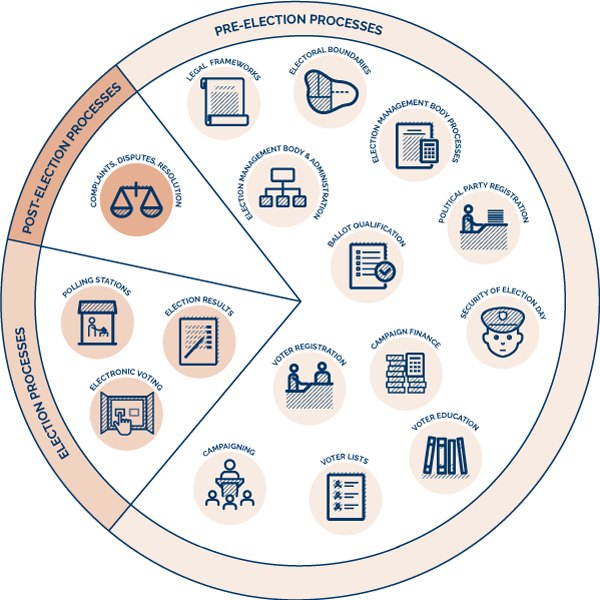By Aaior K. Comfort
United Kingdom-based lawyer, Charles Chukwuedo, has called for a re-evaluation of Nigeria’s political orientation, emphasizing the need for a comprehensive review of the electoral process.
Chukwuedo argued that until such an examination takes place, the integrity of the electoral system will remain compromised. He stressed that genuine electoral reform necessitates a commitment to transparency and accountability, along with a fundamental change in the mindset governing political engagement in Nigeria.
In a recent statement titled “Nigeria’s Electioneering Dilemma: Addressing Systemic Flaws Beyond INEC,” delivered in Abuja, Chukwuedo pointed to the recent Edo State governorship election as a revealing example of the deficiencies and contradictions within the country’s electoral framework.
He contended that the flaws in the electoral system are not merely procedural but are deeply rooted in Nigeria’s collective political ethos and orientation.
Chukwuedo asserted that regardless of the reforms introduced or personnel changes made within the Independent National Electoral Commission (INEC), the structural and attitudinal shortcomings will persist.
He noted that INEC has been subjected to intense scrutiny and criticism whenever elections face challenges.
“It is intellectually disingenuous to attribute the system’s imperfections solely to INEC,” he stated. “The root of Nigeria’s electoral dysfunction lies in a pervasive political culture that thrives on opportunism, manipulation, and a blatant disregard for democratic principles.”
Chukwuedo argued that expecting INEC to single-handedly deliver flawless elections amid a fraught and morally compromised political landscape is unrealistic. He emphasized that this perspective fails to acknowledge the broader malaise affecting the electoral system.
“The problem resides in a deeply flawed political culture and orientation that undermines the democratic process. While INEC bears its share of responsibility, it is far from the only actor contributing to the dysfunction of elections,” he concluded.

